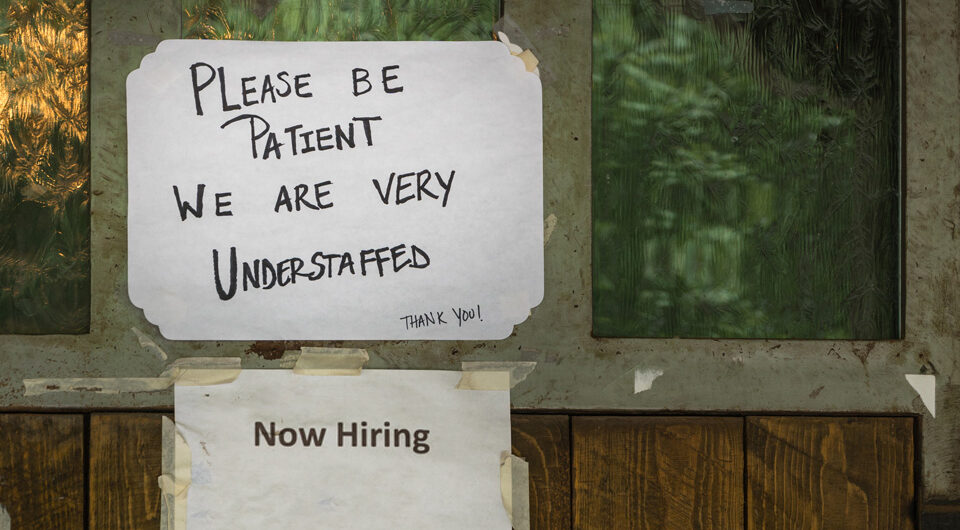The United Kingdom is facing labour shortages in several sectors which threaten the post-Covid economic recovery, according to The Guardian.
Manufacturing industry surveys indicated Britain was facing the worst supply-chain disruption since the Confederation of British Industry (CBI) started tracking industrial production in 1977.
Hiring workers is the most difficult since the IHS markit survey of business activity began in 1998.
According to retailers, their stock levels have plummeted the lowest since the early 1980s.
The grocers are being hit hardest by supply shortages which has led to warnings of empty supermarket shelves.
British logistics organisations warned that they would not be able to deliver goods because they do not have enough drivers and production staff.
“Right now, the real food crisis has started,” said Shane Brennan, executive director of the British Federation of Frozen Transport and Storage Companies.
Between 2019 and 2020, about 1.3 million foreigners have left the country.
Following its exit from the European single market in January this year, the United Kingdom introduced a points-based immigration system for workers from foreign countries.
The current rules make it virtually impossible for individuals who do not speak English or do not have a professional qualification to enter the country.
There is now a significant lack of employees in the unskilled and low-paid positions in Britain, such as lorry drivers, seasonal agricultural workers, hospitality workers, but also butchers, welders or construction workers.
The CBI has called on the UK government to reconsider post-Brexit rules for economic migrants.
If politicians do not motivate foreigners to return by easing regulations, it could severely slow Britain’s economic recovery after the pandemic, warns the CBI.
A Home Office spokesperson said: “The British people repeatedly voted to end free movement and take back control of our immigration system. Employers should invest in our domestic workforce instead of relying on labour from abroad.
“The government carefully considered the migration advisory committee’s findings and recommendations on the shortage occupation list, but decided not to make wide-scale changes while we monitor the new skilled worker route and assess how the UK labour market develops and recovers post-pandemic.”
Some British politicians also believe that employers should raise wages in order to attract workers.
The British Poultry Council (BPC) reacted that increasing wages to attract domestic workers was not the answer.
“We generally operate in areas of high local employment, so there is a limit to the availability of local workers coupled with negligible appetite from UK workers to move from other parts of the country,” said the BPC’s chief executive, Richard Griffiths.
Image source: Heidi Besen | Shutterstock




